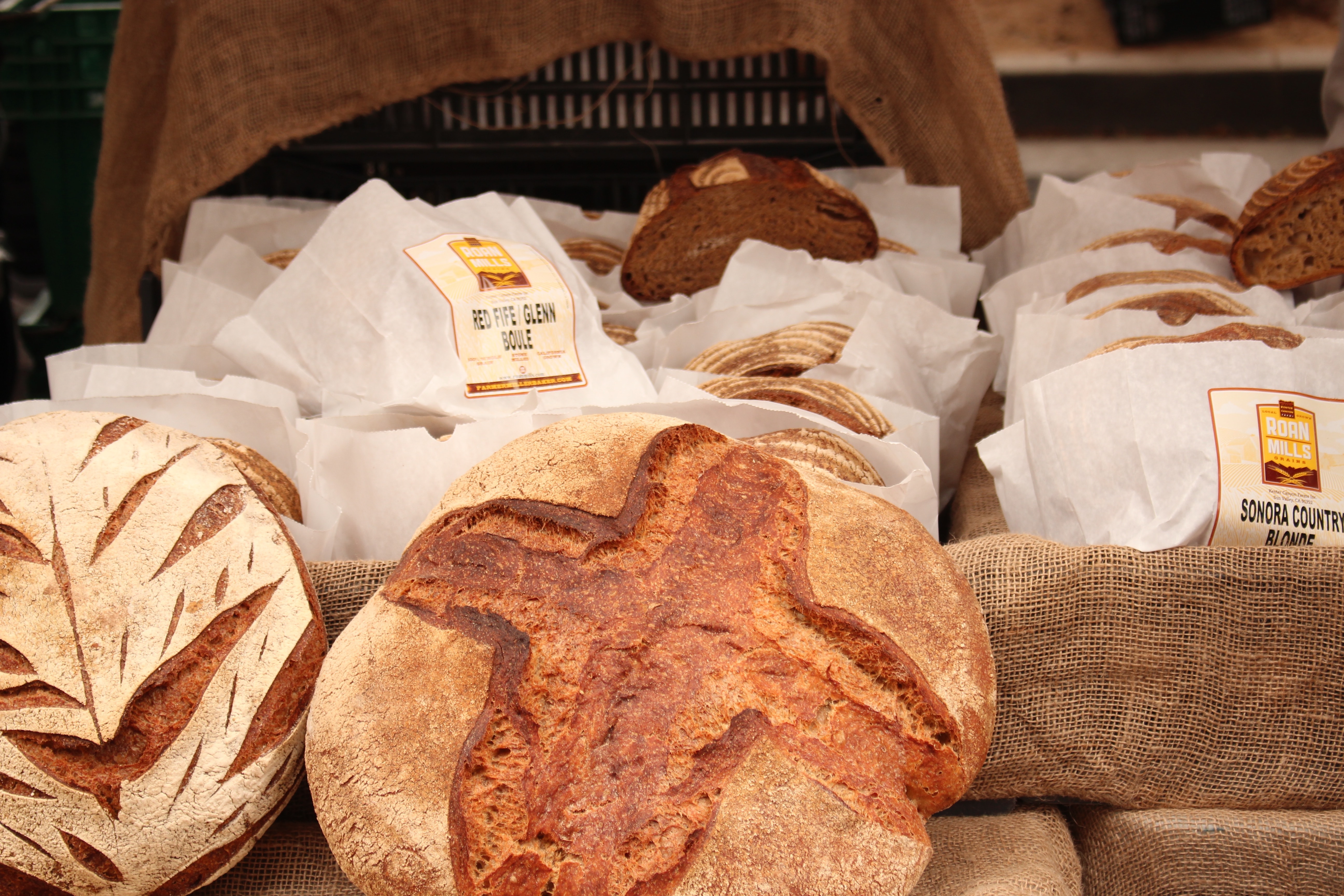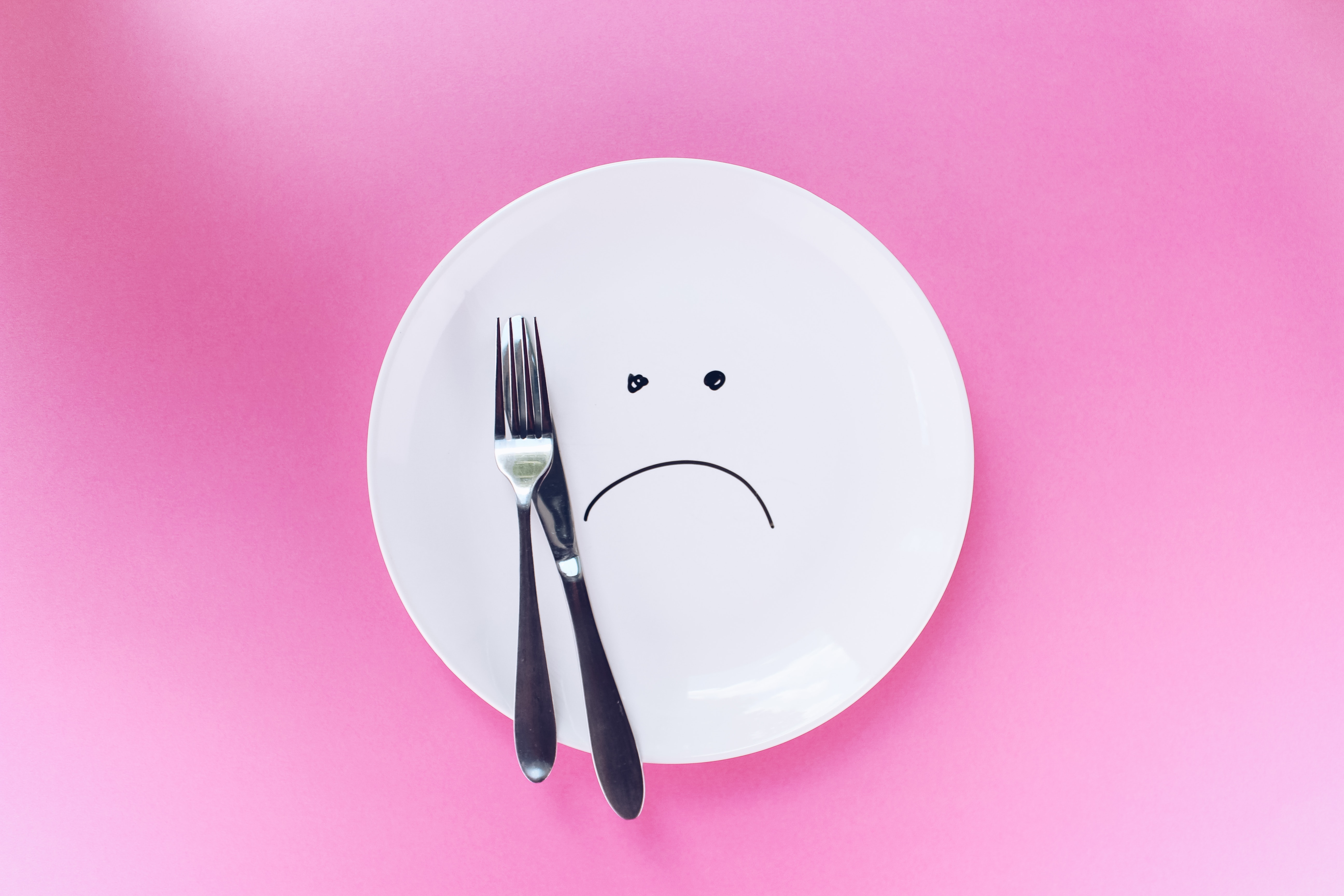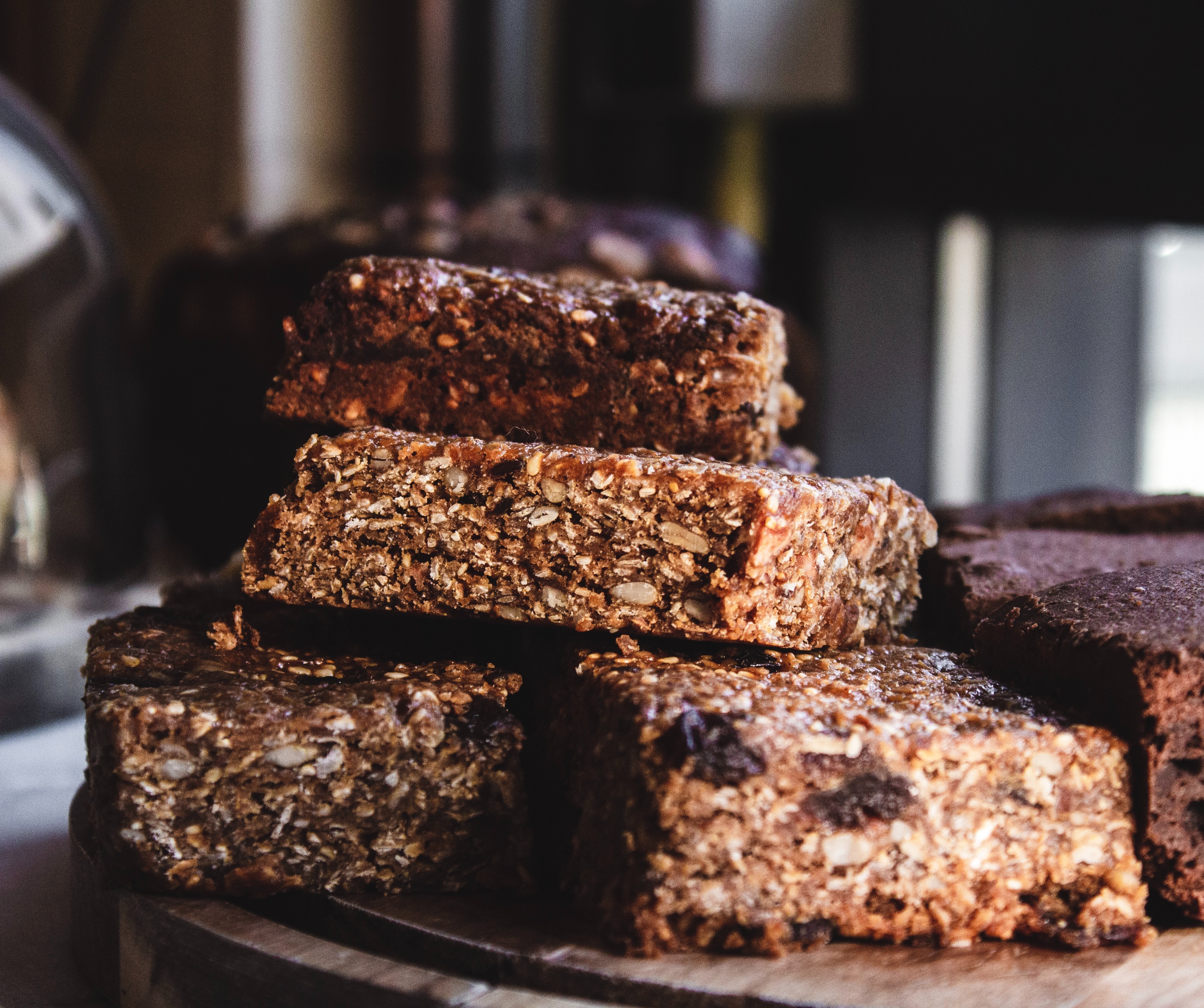Share This
We all know that fiber is good for you, and that whole grains have a whole lot of it! From lowering risk of heart disease and type 2 diabetes to stroke and colorectal cancer, a diet full of plant-based, fiber-rich food is beneficial to our longevity. Many don’t know what exactly it is that makes fiber good for you, or what happens to fiber in your body. Health professionals and scientists are still uncovering the exact role fiber plays in our well-being, and with technological advances of the last decade we are starting to understand it has to do with fiber’s part in keeping our gut microbiome healthy and happy.
What is our Gut Microbiome?
Our bodies are composed of more than human cells. No, this is not the beginning of a sci-fi novel! We are host to trillions of microorganisms, from fungi to viruses to bacteria. These masses are more commonly known as our microbiota, whose combined DNA makes up our microbiome. Though these organisms live in communities throughout our bodies, the community enjoying a certain amount of popularity at the moment is the one in our gut—the flora that lives in our digestive tract. Our digestive tract’s moment in the spotlight is long overdue. Recent scientific focus has found that the health of our digestive system directly impacts not just functions related to digestion, including an increased metabolism rate, but our health as a whole. In addition to being responsible for the digestion and absorption of the food we eat, it impacts the health of our immune system, regulates inflammation in our body, and perhaps even plays a role in brain health.
So, what does fiber have to do with it?
Your body produces a range of enzymes to break down the food you ingest into smaller components which are either absorbed or, to put it gently, expelled. These enzymes, however, cannot digest dietary fiber. We rely on specific microbiota for that. These bacteria ferment dietary fiber, breaking it down into a variety of short-chain fatty acids. These short-chain fatty acids directly contribute to healthy bodily functions, from maintaining our gut mucus barrier that keeps pathogens out of our system, to providing energy to the digestion system itself. The by-products of this fiber fermentation process continue to benefit our gut health, supporting a diverse range of additional helpful microbiota. Indeed, gut microbial diversity has become a marker of overall good health.
Gut gone wrong
Your gut is a good place to be for a bacterium—think of the endless supply of food! Like any desirable ecosystem, it is a competitive
place, which means that whatever gets fed thrives. While helpful, fiber fermenting, short-chain fatty acid producing bacteria want to live in our gut, other, less beneficial (and potentially harmful) bacteria want a piece of the pie too – quite literally. Refined diets high in sugar, fats, and animal protein tend to be low in fiber. Without fiber to feed on, our helpful fiber fermenting friends, along with their diverse microbial entourage, fade away along with the wide ranging benefits gained from short-chain fatty acid production. Lack of fiber leads to increased fermentation of proteins and fats which produce potentially harmful compounds. In addition to a host of other negative effects, without the help of short-chain fatty acids, the integrity of the mucus barrier in our intestines diminishes which can lead to inflammatory conditions.
A Balanced Gut
It is no surprise that as more conclusive information comes out about the importance of gut health a host of heavily advertised products has followed close behind. From probiotic drinks and pills to fermented foods, there is a wealth of new products marketed as important for a healthy gut. Some of these products can be beneficial. Fermented foods have had a head start in the digestion process before they even enter your mouth, giving your body extra time to absorb nutrients, and probiotics can help replenish a gut that has
been wiped out. The relationship between us and our fiber fermenting microbes is mutually beneficial. If we take care of and invest in the helpful microbes in our gut they will stick around, and we want our relationship with our gut to be a long-term one. It ends up that supporting our microbiota with a balanced, plant-based diet full of naturally fiber-rich, prebiotic foods is the best path to a healthy gut – with whole grain fiber being particularly beneficial. Like many relationships, it is commitment to the everyday little things that truly makes the relationship with our gut flourish. (Abby)





Comments
Add a Comment